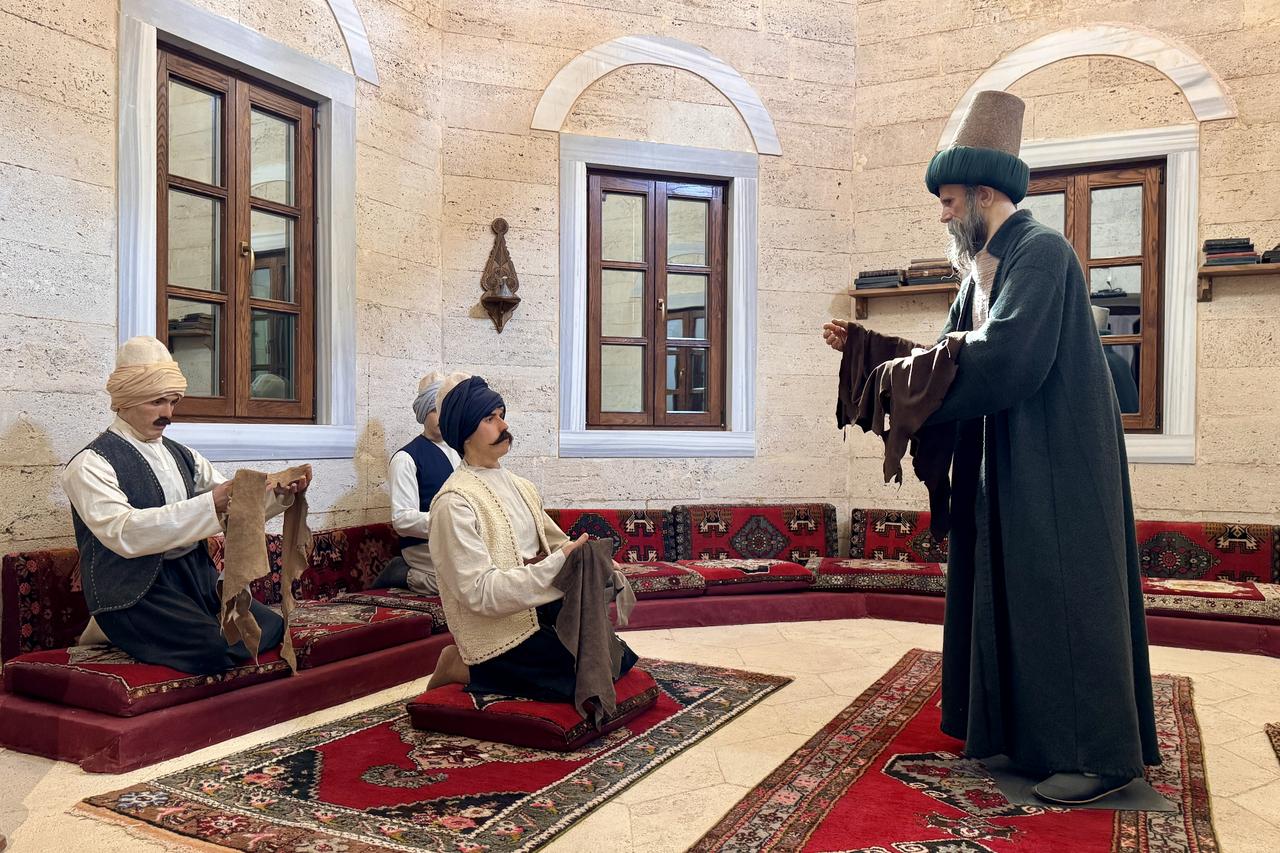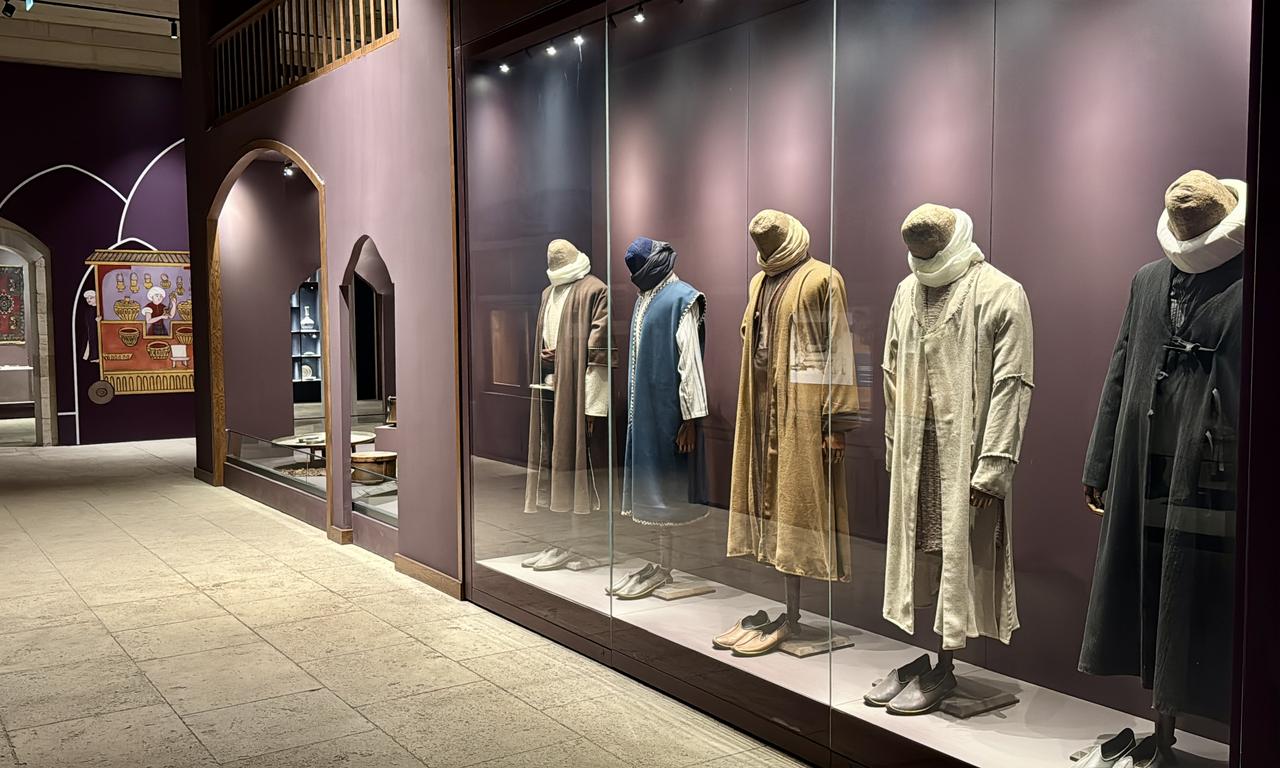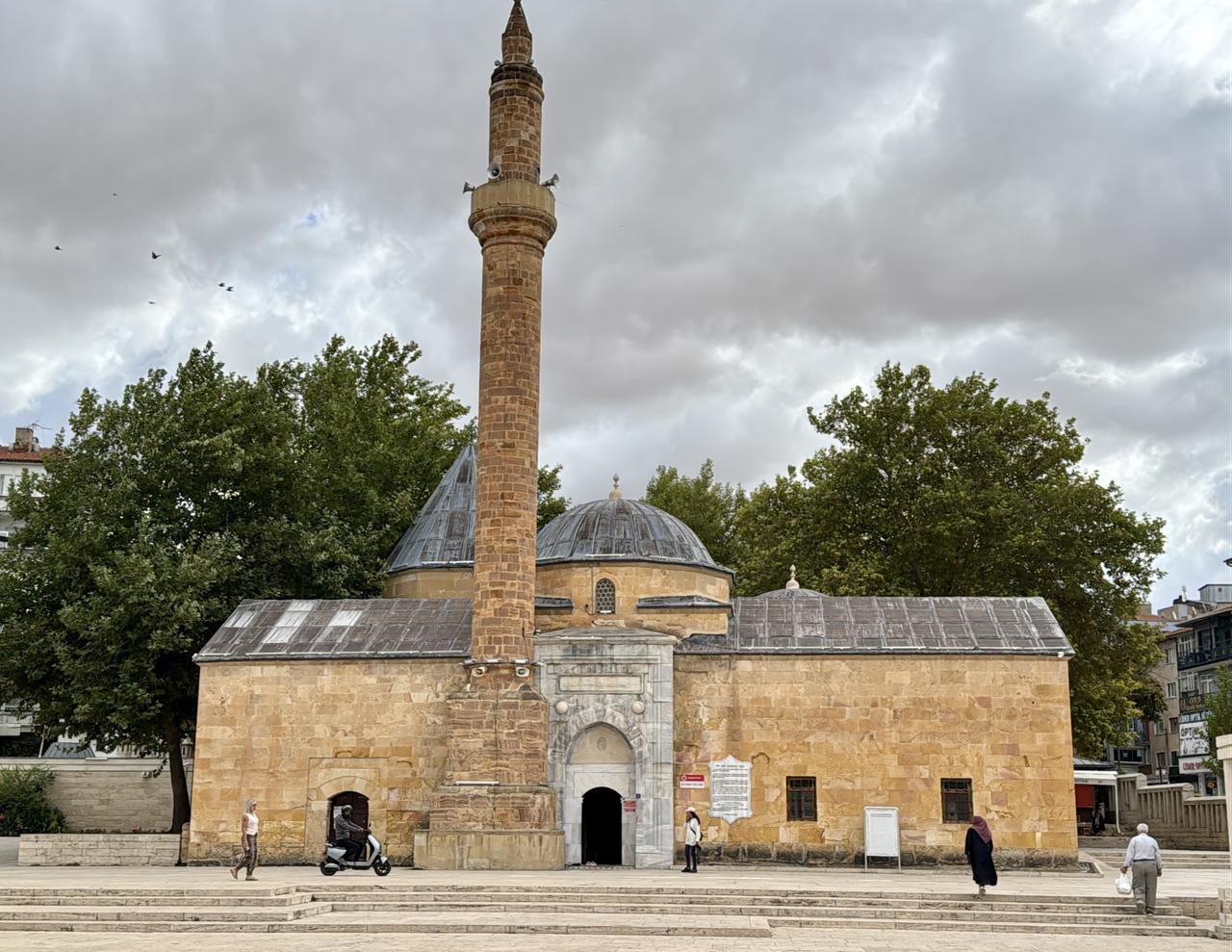
“A skilled hand brings prosperity,” a saying that perfectly reflects the spirit of Ahilik, the centuries-old organization that has guided artisans and tradespeople across Anatolia. For over 800 years, Ahilik has combined Islamic values with Turkmen cultural traditions, teaching honesty, generosity, and craftsmanship while shaping communities.
Ahilik was founded in the 13th century by Ahi Evran Veli, who was born in 1171 in Hoy, Iran. After migrating to Anatolia, he dedicated himself to teaching both professional skills and moral values to the nomadic Turkmen communities who had settled in the region.
During a time of social upheaval, Mongol invasions, and population movements, Ahilik provided structure, education, and support for migrants, helping them transition from a nomadic lifestyle to settled, productive communities.
Ahi Evran established his first workshop in Kayseri, where he trained apprentices in leatherworking, his own trade, while organizing local artisans to defend the city and maintain social order. He later moved to Kirsehir in 1206, where he expanded his system, teaching not only trades but also ethics, religious principles, and civic responsibility.

Apprentices learned under master craftsmen during the day and studied moral and spiritual teachings in Ahi lodges, called zaviyes, in the evenings.
Ahilik was not limited to one trade. Over time, it encompassed 32 different professions, ranging from leatherworking, metalworking, and weaving to food production, masonry, and carpentry. The organization emphasized honesty, fairness in trade, quality in production, and community solidarity. It encouraged artisans to serve their communities, help the needy, and live according to ethical and religious principles.
Ahilik also played a crucial role in social integration and governance. Its members were expected to settle disputes fairly, maintain justice, and support local communities. During the Seljuk and later Ottoman periods, Ahilik became a cornerstone of urban social and economic life, spreading beyond Anatolia to the Balkans, Central Asia, the Middle East, and North Africa.

Today, Kirsehir, regarded as the heart of Ahilik, celebrates this rich heritage during the 38th Ahilik Week from Sept. 22 to 28, blending history with vibrant modern festivities. The celebrations begin with a visit to the tomb of Ahi Evran Veli, honoring his contributions to trade, ethics, and society.
The weeklong events include cultural fairs, craft workshops, culinary competitions, and exhibitions, such as the Ahi Book Fair and Women’s Cooperatives Fair. Visitors can witness traditional crafts, taste Ahi pilaf, halva, and sherbet, and enjoy performances that highlight the values of skill, integrity, and community central to Ahilik.
A highlight is the “Year’s Ahi, Apprentice, and Journeyman” awards, which continue the tradition of recognizing excellence, dedication, and ethical practice. Governor Murat Sefa Demiryurek and Bahamettin Ozturk, head of the Kirsehir Union of Chambers of Tradesmen and Craftsmen, emphasized the city’s commitment to preserving these values and invited the public to participate actively.